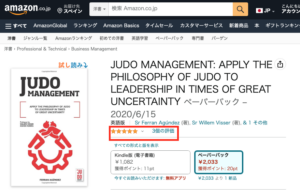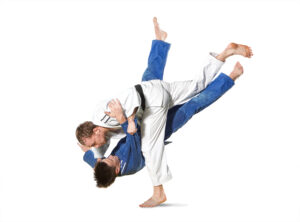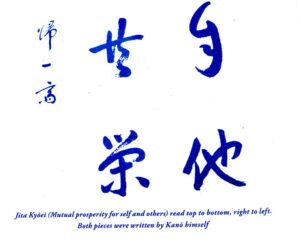Hansen: Recall the lessons of Adam Smith, the father of modern economics. “In competition …”
Everybody: “… individual ambition serves the common good.”
John Nash: [after thinking] Adam Smith needs revision.
Hansen: What are you talking about?
John Nash: Adam Smith said the best result comes from everyone in the group doing what’s best for himself. Right? That’s what he said, right?
Hansen: Right.
John Nash: Incomplete. Incomplete, okay? Because the best result will come from everyone in the group doing what’s best for himself … and the group.
Hansen: Nash, if this is some way for you to get the blonde on your own, you can go to hell.
John Nash: Governing dynamics, gentlemen. Governing dynamics. Adam Smith…he was wrong.
Dialogue from the movie “Beautiful mind” the bar scene were John Nash had the inspiration of the games theory:
The Nash equilibrium developed by John Forbes Nash (Nobel in economic sciences in 1994) is used in market economics , computing, politics and military theory among other disciplines. It has been used to study to what extent people with different preferences can cooperate. And as said in the movie “..defies 150 years of economic theory”.
In 1922 Jigoro Kano ,after several lectures and demonstrations of judo to foreign audiences,and with international recognition, included one of the most illustrious students ,Theodore Roosevelt President of the USA, undoubtedly had the confidence to announce formally together the two principles of judo “Seiryoku Zenyo and Jita Kioey” these two components were not separate entities , but were inextricably bound together. Recognition of this concept in both mind and action was considered the uppermost aspiration in judo.
In words of Jigoro Kano:
“In short, the highest or the maximum-efficient use of mental and physical energy for attaining one’s aim on the one hand, and the mutual aid and concession aiming at mutual welfare and benefit on the other, are the two great determining factors of social harmony and progress.”
“The harmony and progress of a body, consisting as it does of different individuals, however few or many the number of those individuals may be, can best be kept and attained by mutual aid and concession”
Nash & Kano, Princeton University & Kodokan judo a Nobel price & the first Asian member of the International Olympic Committee “doing what’s best for himself … and the group”.




